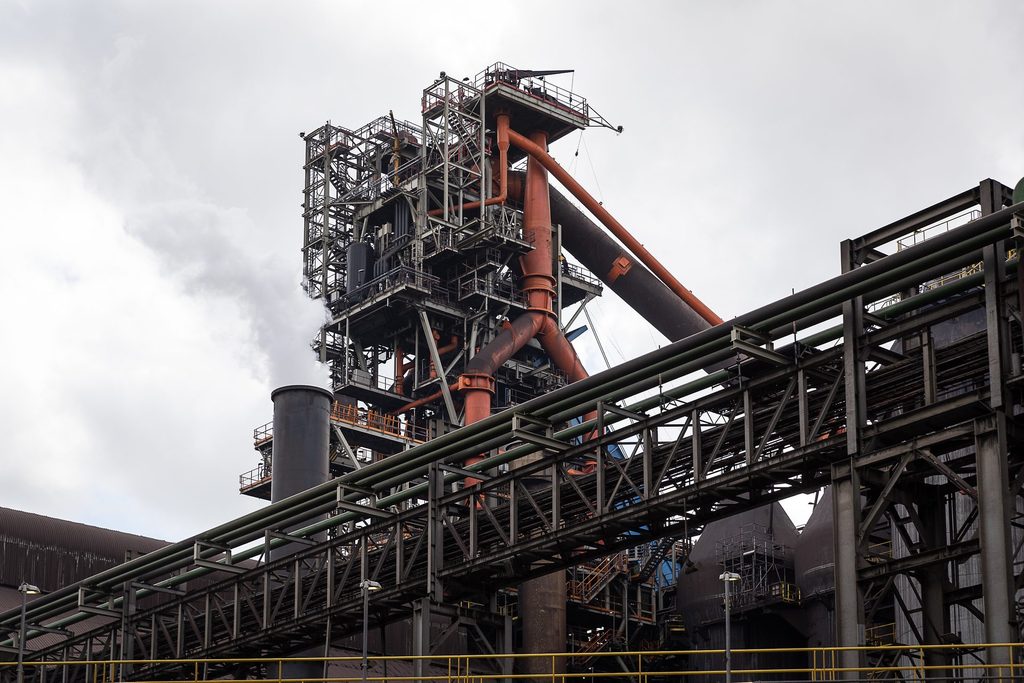Prices for industrial goods and services in Belgium fell for the ninth consecutive month in June, providing further evidence that general inflationary pressures are subsiding across much of the country.
According to a study published by Belgium's official statistics office Statbel on Tuesday, Belgian industry's producer price index (PPI) – a technical measure which estimates the average change in prices received by domestic producers for their goods and services – fell by 1.6% in June.
The data means that, much like Belgium's headline inflation rate, industry's PPI has fallen steadily since October last year. PPI is widely considered to be an effective indicator of the future headline rate, as high production costs are typically passed onto consumers in the form of steeper prices.
Belgium's headline inflation rate recently fell below the European Central Bank's (ECB) 2% target rate for the first time in almost two years.
However, at 7.9%, Belgium's core inflation rate – which strips out energy and volatile food prices and is also widely considered to provide a better assessment of underlying price pressures than the headline rate – remains significantly higher than the ECB's 2% target.
Related News
- Hitting the target: Inflation in Belgium falls below 2% for first time in two years
- 'We are getting closer': ECB hikes interest rates to record high
Furthermore, both headline (5.3%) and core inflation (5.5%) remain well above 2% across the eurozone.
Last Thursday, the ECB hiked interest rates by 25 basis points (0.25 percentage points), bringing its benchmark deposit facility rate to a record high of 3.75%. The bank justified its move by suggesting that inflation, although declining, is "still expected to remain too high for too long."
In an interview with Le Figaro, ECB President Christine Lagarde reiterated her view that interest rates need to remain "sufficiently restrictive for as long as necessary" for inflation to fall back to the bank's 2% target in the "medium-term".

